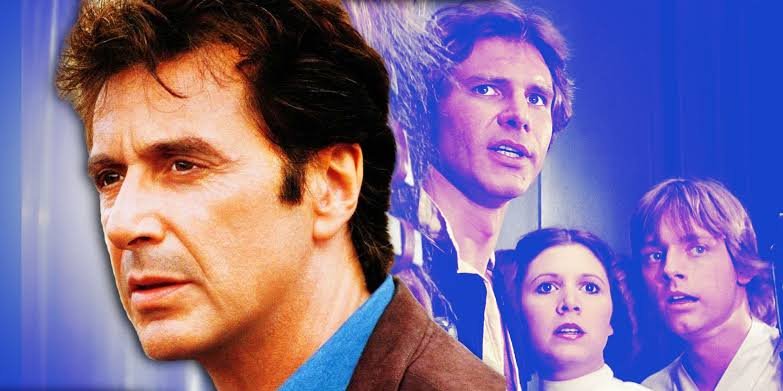
Al Pacino, a name synonymous with acting excellence, has left an indelible mark on cinema through a career spanning over five decades. With his intense performances, distinctive voice, and unparalleled dedication to his craft, Pacino has portrayed a wide range of characters that have become iconic in film history. Here’s a deep dive into his filmography, highlighting the roles that cemented his legacy.
Pacino’s breakthrough came with the role of Michael Corleone in Francis Ford Coppola’s *The Godfather* (1972). Initially, he was an unconventional choice for the role, but his transformation from a reluctant family outsider to a ruthless mafia boss became legendary. The film’s success led to *The Godfather Part II* (1974), where Pacino’s portrayal of Michael’s moral descent earned him critical acclaim and an Academy Award nomination.
The 1970s were a prolific period for Pacino. In *Serpico* (1973), he played Frank Serpico, an honest cop fighting corruption in the New York City Police Department. His dedication to realism was evident as he immersed himself in the character, earning another Oscar nomination. This decade also saw him in *Dog Day Afternoon* (1975), where his portrayal of a bank robber struggling with his sexuality and a desire to fund his lover’s gender reassignment surgery showcased his ability to bring depth to complex characters.
In the 1980s, Pacino continued to deliver powerful performances. *Scarface* (1983), directed by Brian De Palma, saw him as Tony Montana, a Cuban immigrant who rises to power in the Miami drug trade. Though initially met with mixed reviews, the film has since become a cult classic, with Pacino’s explosive performance remaining a touchstone in popular culture.
Pacino’s versatility was further demonstrated in *Sea of Love* (1989), a crime thriller where he played a detective embroiled in a romantic relationship with a murder suspect. His ability to convey vulnerability and toughness was once again on display, proving his staying power in the industry.
The 1990s brought more success with *Carlito’s Way* (1993), another collaboration with De Palma, where Pacino played Carlito Brigante, a former drug lord attempting to go straight. This era also saw him finally winning his first Academy Award for Best Actor for his role as Lt. Colonel Frank Slade in *Scent of a Woman* (1992). His portrayal of a blind, irascible retired Army officer was both heart-wrenching and charismatic, cementing his status as one of the greatest actors of his generation.
In *Heat* (1995), directed by Michael Mann, Pacino faced off against Robert De Niro in a high-stakes cat-and-mouse game between a detective and a master thief. The film was notable not just for its thrilling plot but for bringing together two acting giants in a memorable diner scene.
The 2000s and beyond saw Pacino embracing a mix of film and television roles. His portrayal of Jack Kevorkian in the HBO film *You Don’t Know Jack* (2010) earned him an Emmy, further showcasing his range and ability to tackle real-life figures with nuance.
Pacino’s later work includes roles in *The Irishman* (2019), where he played labor union leader Jimmy Hoffa, and *House of Gucci* (2021), where he portrayed Aldo Gucci. These performances highlighted his enduring talent and ability to adapt to contemporary cinema.
Al Pacino’s filmography is a testament to his extraordinary talent and dedication to his craft. From iconic mobsters to complex, real-life figures, his performances have not only entertained but have also elevated the art of acting. As audiences continue to discover his work, Pacino’s legacy as a cinematic titan remains firmly intact.


